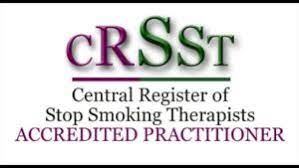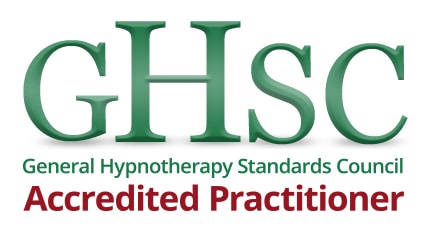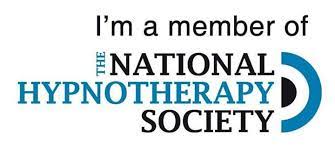Hypnotherapy Explained
Hypnosis lies somewhere between being consciousness but with your eyes closed and deep relaxed state.
We all go through this state several times a day, for example when we fall asleep and when we awaken or daydream. Have you ever driven to work unaware of your surroundings and arrived at home or work and not remember the journey.
This is called a hypnotic state or trance , so as you can see, hypnosis is a very natural state.
Hypnosis used in hypnotherapy is NOT a state of deep sleep, but an induction into a trance like state, where you will be completely aware of your surroundings. You will not be vulnerable and be made to do anything that you would not wish to do.
You will be in total control and you will only co-operate with those suggestions that you wish to co-operate with – no one can make you do anything otherwise.
Whilst under hypnosis, the conscious mind is suspended and the sub-conscious mind in charge. During hypnosis your imagination becomes heightened and you will become more susceptible to the positive suggestions.
It is then up to you to co-operate with those suggestions, if you do, then the therapy will succeed, but if you do not co-operate then the therapy will fail.
Hypnotherapy works best if you want to succeed. The co-operative hypnotherapy used will make it easier for you to make changes within yourself.
We work together to achieve the result that you desire.
What Hypnotherapy is Not
- When you are hypnotised you will not lose control, you will have full control of all your faculties
- Under hypnosis you will not be made to do anything that you would not want to do – it is up to you whether you co-operate with the suggestions
- You will be totally aware of yourself whilst hypnotised
- Most people can be hypnotised, but only if they want to co-operate, without that co-operation, hypnosis will fail
- Contrary to popular belief, most people will not fall asleep (especially on the first session) when they are hypnotised
- Hypnotherapy is definitely NOT like stage hypnosis, although both use a similar state of relaxation. Stage hypnotism is purely for entertainment; whilst hypnotherapy is solely for therapeutic purposes and is approved my the British Medical Association
- You will not be asked or told to do anything against your will.
- You can ask to stop at any time during the session.
Hypnotherapy approved as a form of therapy by the british medical association (bma)
The medical practice of hypnotherapy, has subsequently been approved by the British Medical Association (BMA), a recognition which was first stated in 1892, reinforced in 1955, and followed by the American Medical Association (AMA) in 1958.
In 2013 a report published by the British Medical Association, research from doctors and dentists for nearly two years a committee of three psychiatrists and a GP recommend that all medical students should be instructed in the possibilities, limitations, and dangers in hypnosis as a form of therapy on the medical use of hypnotherapy.
These recommendations arise out of the conclusion that hypnosis has a definite, if small, place in orthodox medicine. A somewhat similar conclusion reached by a similar committee of the B.M.A. some sixty years ago.
The committee agree that the practice is sometimes the treatment of choice in certain psychosomatic disorders. Itching conditions of the skin are a case in point. But in such cases hypnosis is best regarded as a useful adjunct to other forms of psychiatric treatment.
Qualifications and Registrations







